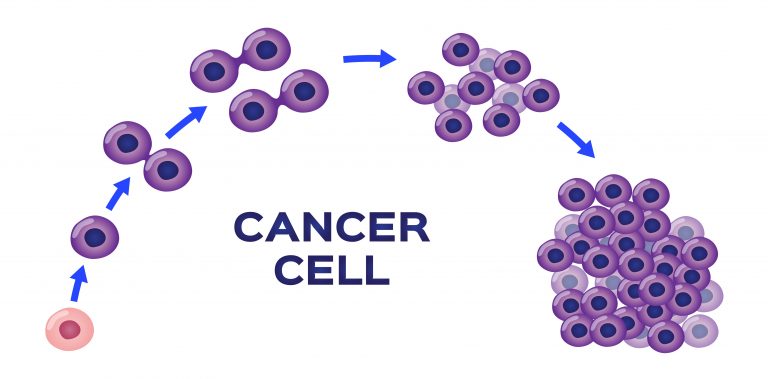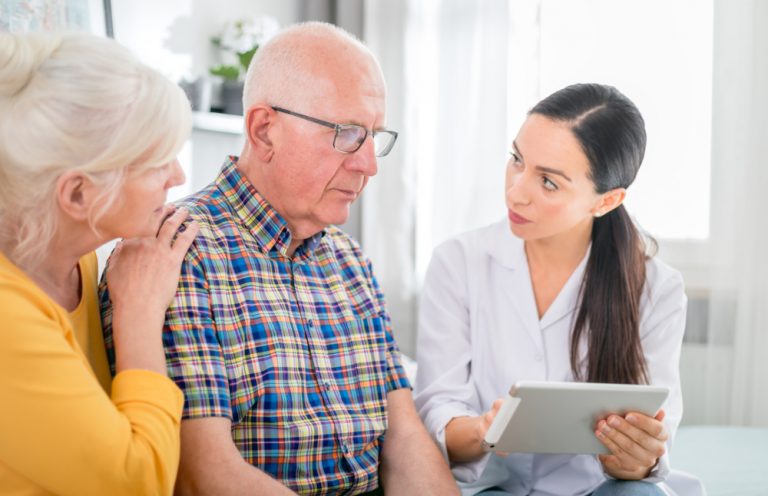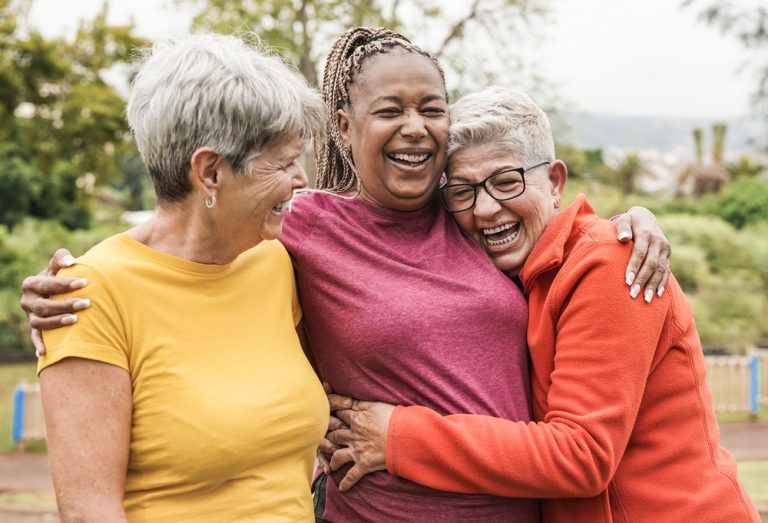
World Cancer Day takes place on the 4th of February, an annual, global campaign led by the Union for International Cancer Control (UICC) that prompts people to take action, from governments right down to individuals, in the hope of overcoming this terrible disease.
This year, the UICC will launch a three-year campaign for World Cancer Day bringing together global individuals, organisations and governments to create awareness of and help close the gap in cancer care.
Close the Care Gap highlights the significant barriers, including socio-economic factors, as well as religious stigma and discrimination that prevents many people around the world from accessing life-saving cancer services, diagnostics, treatment and care.
It’s even more tragic when you consider that 33% of cancer cases can be prevented, while another 33% can be cured if detected early and treated properly, saving millions of lives every year.
What does World Cancer Day do?
Established in 2000, World Cancer Day is one singular initiative under which the entire world can unite in the fight against the global cancer epidemic.
It brings people together to reimagine a world where millions of cancer deaths are prevented and access to life-saving cancer research and care is equal for all.
The first year of the Close the Care Gap campaign is all about understanding and recognising the inequities in cancer care as part of global public affairs. It’s about having an open mind, challenging assumptions and looking at the hard facts:
- Inequity in cancer care costs lives
- People who seek cancer care hit barriers at every turn
- Income, education, location and discrimination and assumptions based on ethnicity, gender, sexual orientation, age, disability and lifestyle, can all negatively affect care
- The gap affects everyone, including patients and families
This is the year to question the status quo and listen to the perspectives of the people living with cancer.
What is cancer?

Cancer occurs when changes in a group of normal cells within the body lead to an uncontrolled, abnormal growth forming a lump called a tumour; this is true of all cancers except leukaemia (cancer of the blood).
Untreated, tumours can grow and spread into the surrounding normal tissue or to other parts of the body via the bloodstream and lymphatic systems, potentially affecting the digestive, nervous and circulatory systems or release hormones that may affect body function.
Continued support
In 2018, 18 million people across the world were diagnosed. Thanks to the sterling work of cancer research scientists, two in every four people in the UK survive their cancer for at least 10 years.
We have never been closer to making a major discovery in tackling cancer, but global collaboration and funding from partners to support essential research resources are crucial to ensure the breakthroughs happen.
Elderly people and the global cancer epidemic

UICC’s World Cancer Day’s strategy to shed light on the disparities in care includes elderly people, and some of the statistics are alarming.
It revealed a high proportion of older women with a particular form of breast cancer get less chemotherapy than their younger counterparts – despite evidence the treatment works.
More than 70% of deaths from prostate cancer occur in men aged over 75, who usually have a more aggressive form. However, few older patients get treatment for localised prostate cancer, and in most cases they do not get chemotherapy for advanced disease.
Older people are also disproportionately affected by colorectal cancer but evidence suggests that optimal treatment is not being provided to them.
Cancer is the second-leading cause of death worldwide, yet cancer research has revealed that at least one third of common cancers are preventable, and have urged collective action.
Genetic mutations play a role in between 5% and 10% of cancers, and up to 3.7 million lives could be saved each year by implementing resource-appropriate strategies for cancer prevention, early detection and therapies.
Uniting a global cancer community

World Cancer Day unites everyone, including patients and their families, putting the spotlight on important cancer research and providing support that will enable people to fight and beat this illness, offering hope both now and for the future.
Vanina Laurent-Ledru of Sanofi Specialty Care, spoke about the healthcare company’s involvement in the global event. “As a sponsor for World Cancer Day, we believe that your health matters, no matter your age,” she said.
“As a part of our When Cancer Grows Old initiative, Sanofi is collaborating with the global cancer community, including advocates and healthcare providers around the world, to give people the best possible chance to grow older.”
Union for International Cancer Control: future plans
Looking ahead at the three-year Close the Care Gap campaign from World Cancer Day, 2023 will see UICC join with like-minded people, celebrate real-world progress and use that momentum to fuel the fight for fairness.
UICC plans to do more through World Cancer Day than spread the word and raise awareness – they want to shout it from the rooftops, building stronger alliances and innovative collaborations.
How? By making the little things matter: encouraging people to offer a lift to a neighbour undergoing cancer treatment, or ensuring nutritious and affordable food options are offered at local schools, creating a healthier future generation of children.
UICC aims to mobilise friends, family, co-workers and the entire cancer community, knowing that by working together, people can achieve almost anything.
2024 and beyond
In 2024, the final year of the World Cancer Day Close the Care Gap campaign efforts will focus on engaging with leaders and advocating for lasting change beyond a single event.
UICC will demand a commitment to prioritising the disease, to creating innovative strategies with partners designed to confront inequity by addressing the root causes, and to investing in resources, including cancer research, to achieve a just and cancer-free world.
How can you get involved?

You can show your support for World Cancer Day in a lot of ways. You can raise funds for Cancer Research UK and buy one of their unity bands, or snap up a limited edition keyring from Young Lives vs Cancer.
You can also help raise awareness about cancer research, detection and survival by sharing your story on social media platforms, such as Facebook or Instagram, or create your own fundraising event.
Or you can join in the event by making a donation to the Cancer Research Institution. Whatever you choose to do, you will be joining millions of other people in cities and communities around the globe, all with the same hope: to bring an end to cancer.
At Age Care Advice, our home care and live-in services can support you and your loved one as they cope with cancer. Our role is to enable you to live your life as independently as possible while ensuring dignity, sensitivity and privacy.
For further information or to book a free care assessment please give us a call on 01778 219639.
